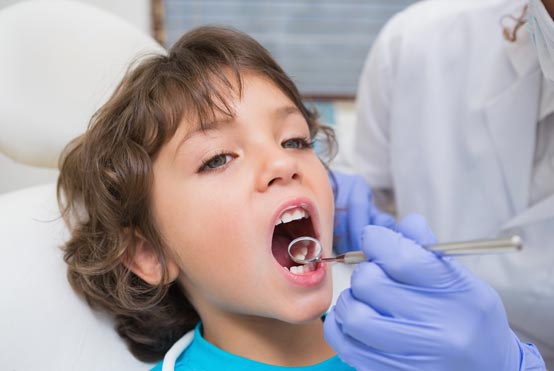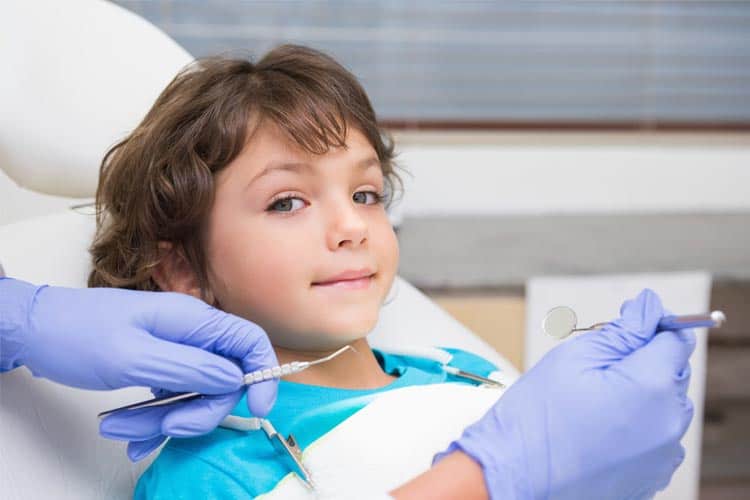Pediatric Dentist Near You
We at Impression Dental believe in providing the highest pediatric dental care by our efficient pediatric dentist in Edmonton. We believe that children must be given special attention, both clinically and emotionally. We want to ensure children’s experience is comfortable, laying the foundation for a healthy smile for their entire lifetime.
Our pediatric dentists provide care skillfully and with care. We focus on early prevention, guidance, and tailored treatment plans to begin healthy development at every age.
Specialized Pediatric Dentistry Services
Pediatric dentistry is a specialty field devoted to the oral health of infants, children, and teens. A few of our services at Impression Dental are:
- Infant oral exams and early risk assessment
- Routine cleanings and fluoride application
- Treatment of cavities with child-friendly products
- Dental sealants and space maintainers
- Early orthodontic evaluations
- Nutritional counselling and oral hygiene instructions
Our family-centred practice is focused on providing a stress-free experience with each visit, establishing comfort and trust from the start. We customize all treatment plans exclusively to your child and for a better dental experience.
When Does Your Child See the Pediatric Dentist?
Knowing when to take your child to the dentist for the first time is crucial for their oral health throughout their life. We recommend that you take your child to a pediatric dentist near you in the following circumstances:
- First Tooth Eruption: According to dental guidelines, kids should be taken to a pediatric dentist six months after their first tooth eruption or at one year of age.
- Preventive Checkups: Checkup visits every six months prevent cavities and monitor growth and development.
- Visible Decay or Discoloration: Visible decay or discoloration must be checked right away.
- Oral Habits: If your child is a pacifier user, thumb sucker, or bruxes, your pediatric dentist will counsel you.
- Dental Emergencies or Injury: Pediatric dentists are also trained to treat trauma or injury to baby teeth or erupting permanent teeth.
Our pediatric dentist in your area eagerly looks forward to being with you for each step of your child’s oral health growth with compassionate care.


Why Choose Impression Dental?
- Highly trained pediatric dental professionals
- Gentle, child-focused techniques and treatments
- Emphasis on preventive education and care
- Welcoming, kid-friendly clinical environment
- Family-oriented communication and support
- Modern technology to ensure safe, efficient treatment
- Flexible scheduling options to suit busy family routines
Begin Your Child’s Dentistry Journey with Confidence
Choose Impression Dental for expert care from a trusted pediatric dentist near you. We’re here to guide your child’s smile every step of the way.
Appointments are easy to schedule, and our friendly team is ready to welcome you. Give your child the care they deserve from a team that truly understands pediatric dentistry. Book your child’s appointment today—because a confident smile begins early!

